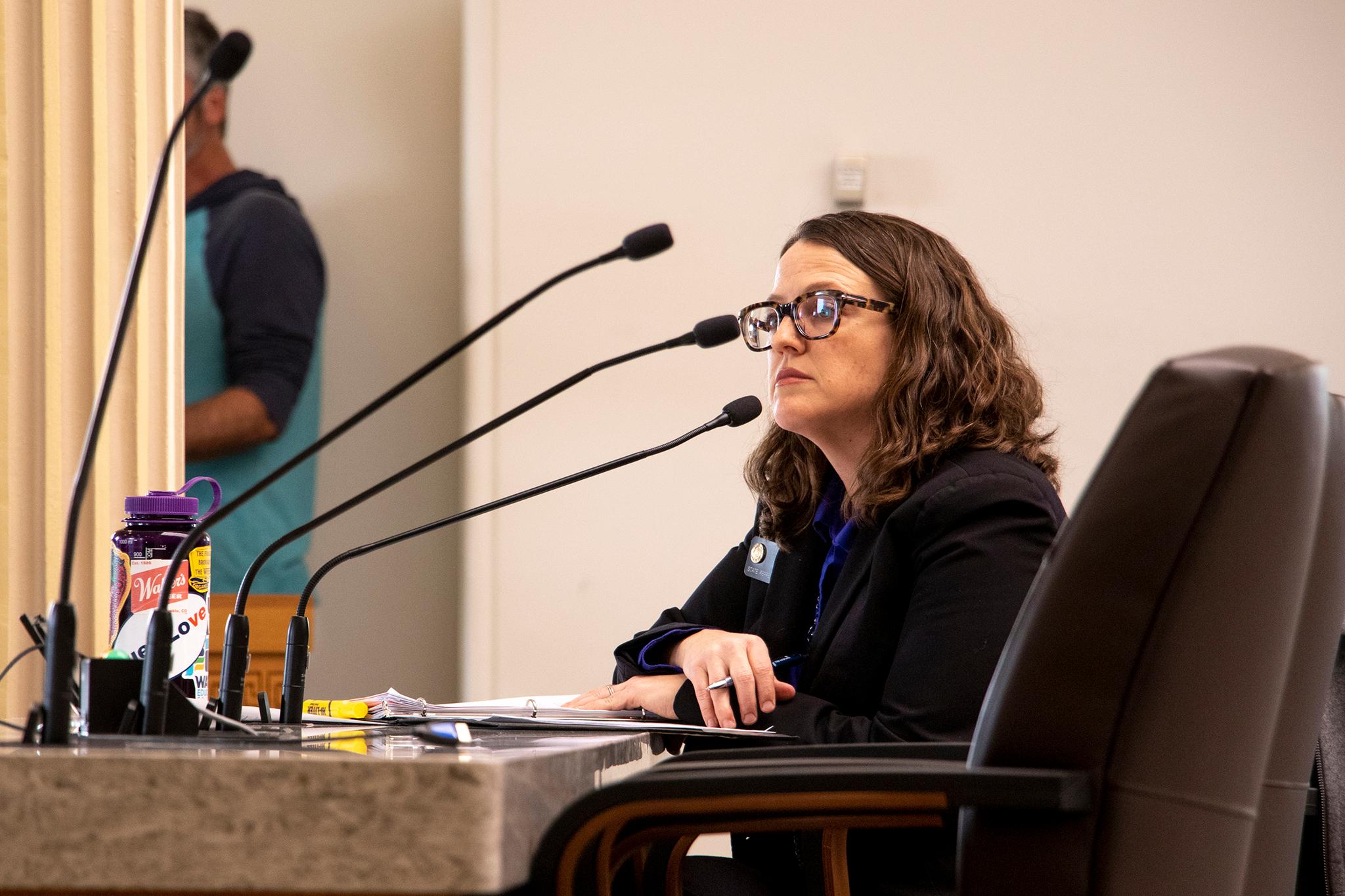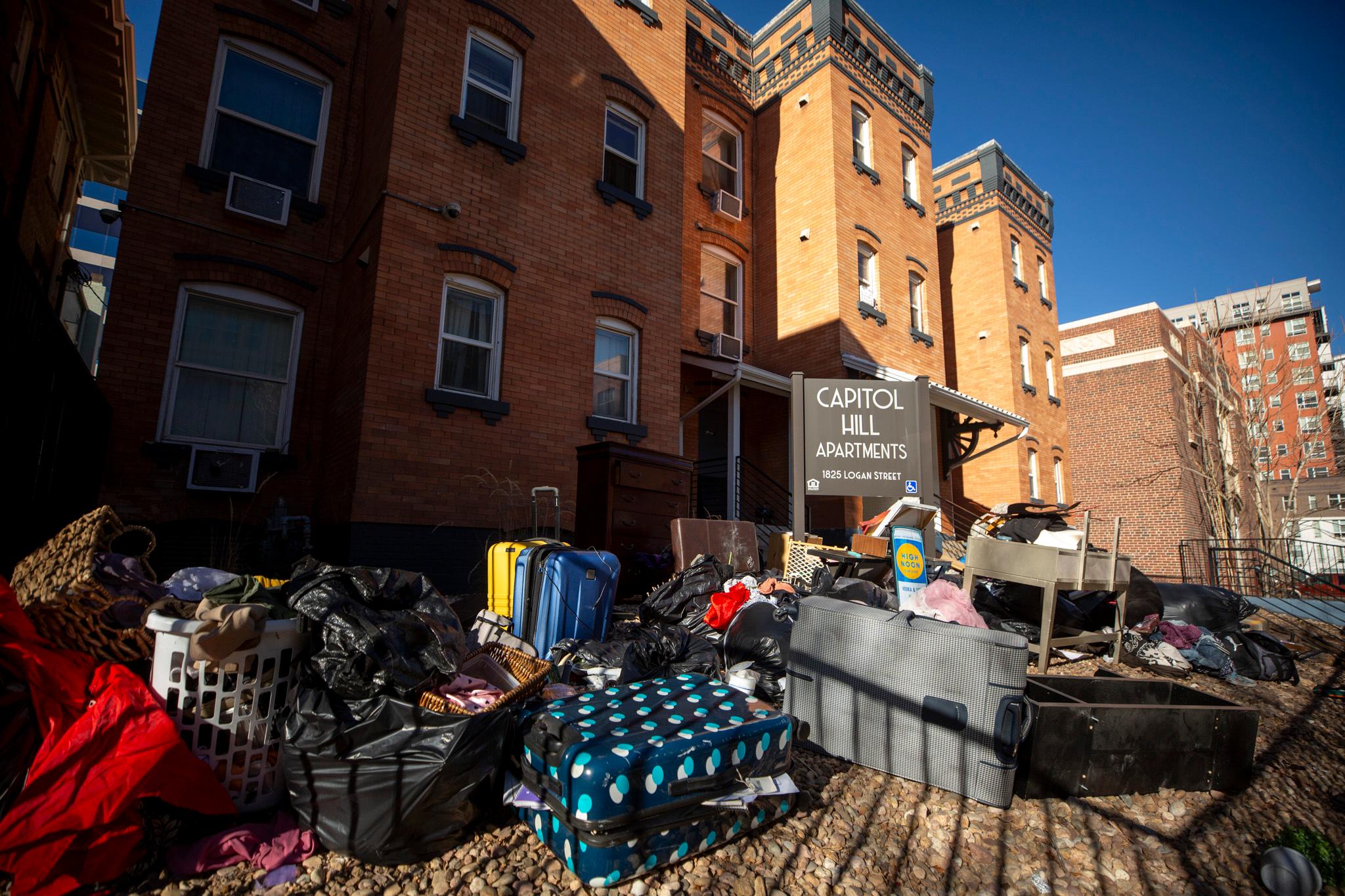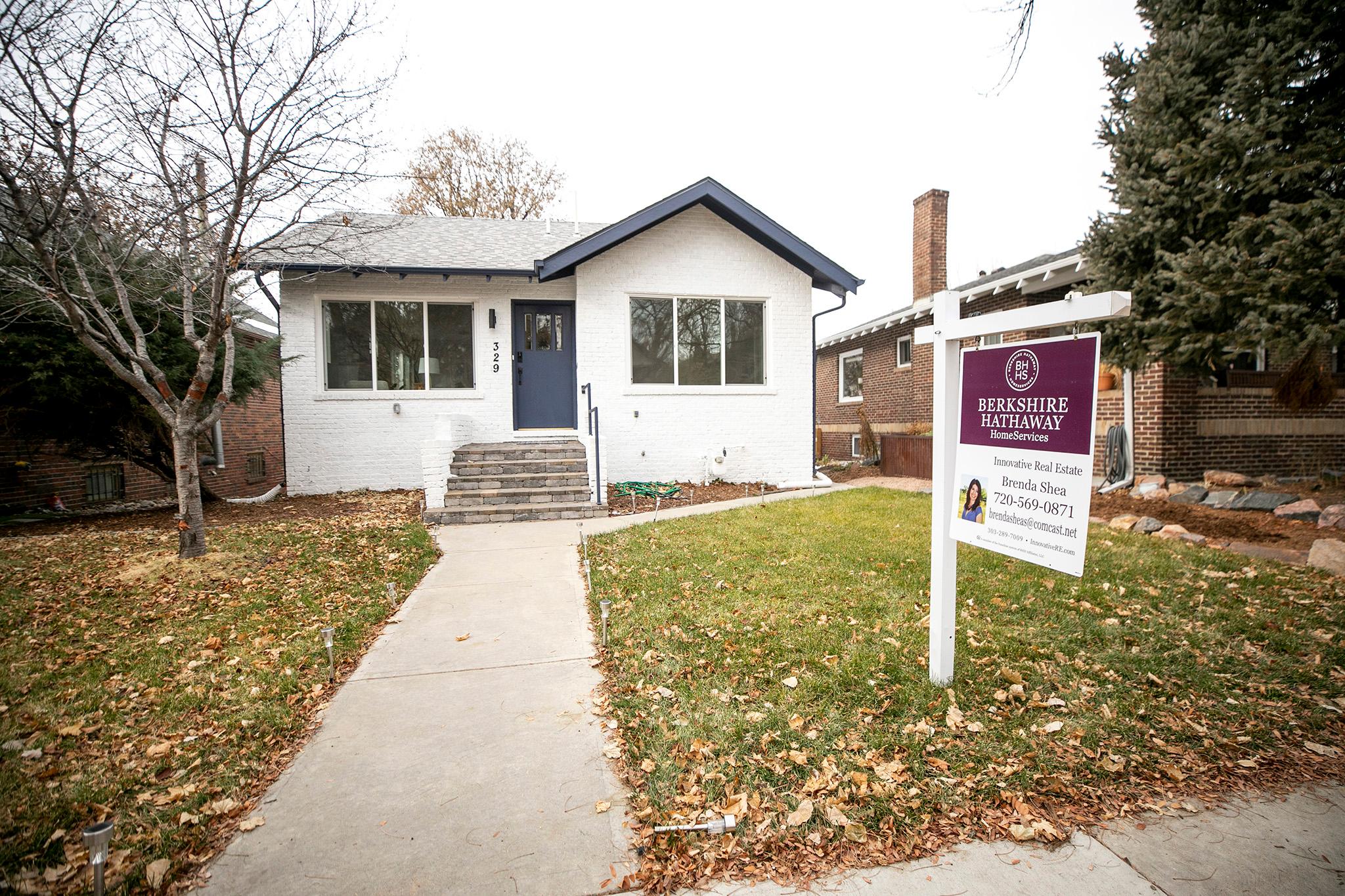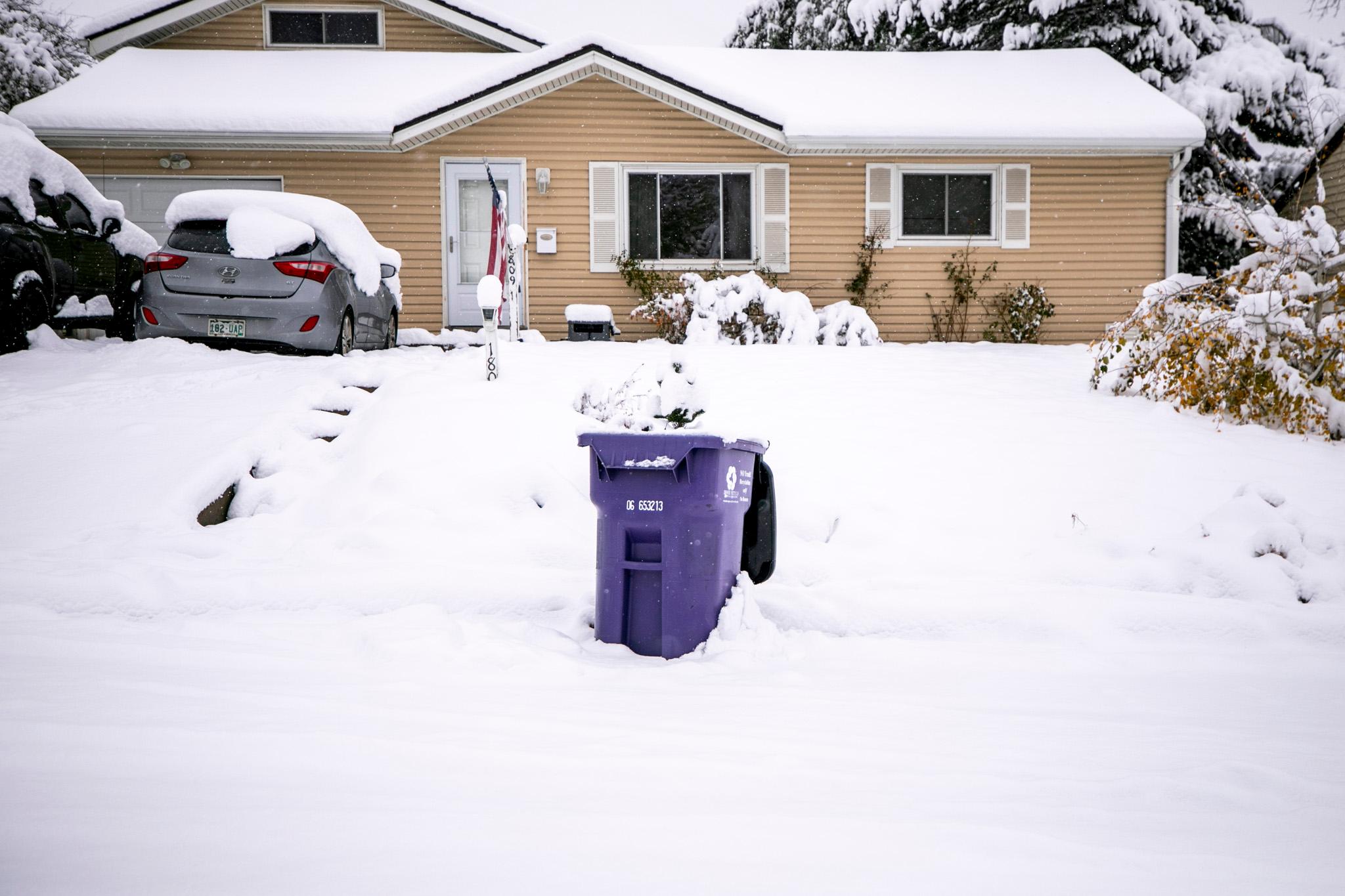For the last four years, state Rep. Daneya Esgar of Pubelo has tried passing a bill focusing on the process transgender Coloradans must go through to acquire vital identification documents.
This year might be the last time she proposes the bill. Esgar said Wednesday during a press conference for the latest version of her bill that this will be the year Colorado shows "it's an equal state." It had faced Republican resistance in the past, which may not be an issue this year with a Democratic majority in the General Assembly.
The bill passed 7-4 along party lines in the House Health & Insurance Committee, with Republican lawmakers voting in opposition. The bill now moves forward to the House for further consideration.
Esgar is the co-chair of the LGBT caucus at the Capitol. She lauded the progress that's been made for representation in the legislature.
"We have come so far in this state and today is another step toward equality and toward the future," Esgar said.
Esgar laid out what the bill would do during her testimony before the committee.
The bill would repeal a provision requiring a person to obtain a court order showing the person's gender has been changed in order to get a new birth certificate from the state registrar. Esgar said current law requires a person going before a judge to change their name and gender marker on their birth certificate.
Esgar's bill would also require the state registrar to issue a new birth certificate rather than a "changed" one. This is a critical change because, Esgar said, often times a birth certificate with an "amended" stamp can lead to difficulties and can out someone who has changed their gender identity.
It would also remove a requirement for transgender persons to submit a public notice when they change their name to reflect their gender identity, which Esgar said is an issue of safety.
"Not having an updated birth certificate can also interfere with the ability (of) transgendered Coloradans to live their lives openly and honestly, and to provide for themselves," Esgar said. "This is truly a bill about privacy, about personal freedom, to live who you are."
State Rep. Brianna Titone of Arvada previously testified on a similar bill before joining the legislature. She's now getting a chance to co-sponsor after making history last year when she became Colorado's first transgender lawmaker. She joined four other openly transgender peoples elected to state legislatures in the U.S., according to Colorado Politics.
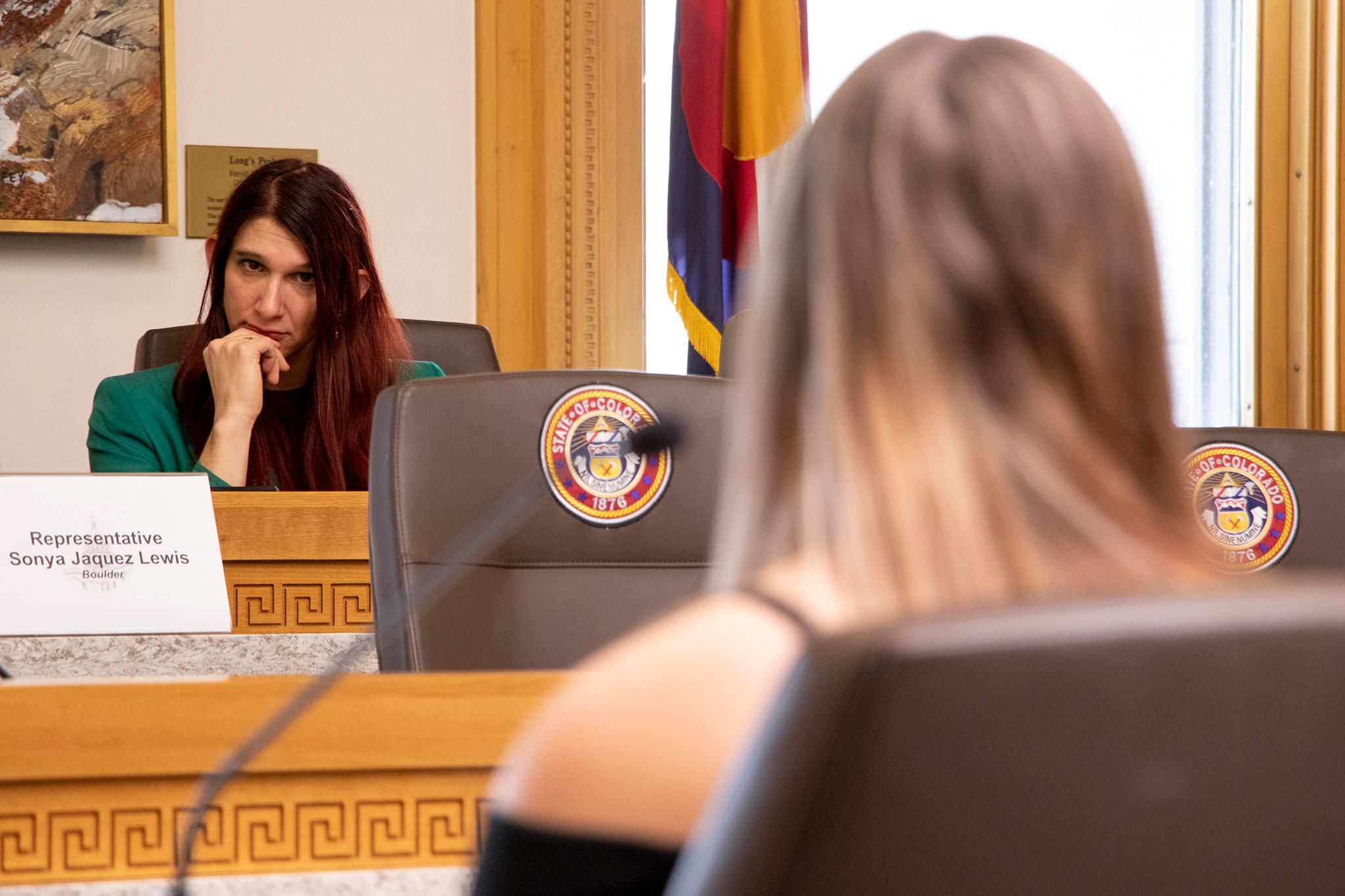
Titone said the bill didn't affect her directly, but it would affect a lot of people in the state. Every person wants to be treated fairly and respectfully, she added.
"For trans and nonbinary people, one of the most important things is getting their documents changed to match their true self," Titone said. "I hope that my presence in the legislature has helped the members see that transgender people are worthy of living our authentic lives and they can cast their vote in favor of these kids."
Dr. Rita Lee, CU Denver Transgender Health Primary Care Physician, said there are an estimated 20,000 transgender people in Colorado.
Opponents of the bill questioned possible impacts, including the possibility of fraud, while others questioned the concept of transgender identity.
David Dejiacomo, who has also testified in favor of conversion therapy, said he was formerly "a practicing homosexual" who no longer considers himself gay after therapy. He felt the bill would only make things "worse" because "you can't change a person's sex."
"Your DNA will always be male or female," Dejiacomo said. "You're always going to be male or female. You can't change that."
That response prompted committee vice chair and state Rep. Yadira Caraveo, a Democrat and a pediatrician, to point out some women are born intersex -- their sex isn't immediately apparent at birth.
Robert Fox said the bill would create a "forged" birth certificate. He said it was deceitful to change someone's sex or gender without notification. He wanted to adhere to a biological definition of gender identity. Fox ended his testimony with a prayer for the committee.
"Why is the state of Colorado interested in creating a counterfeit or fake birth certificate?" Fox said. "A birth certificate is an official legal document that's issued at the time of birth."
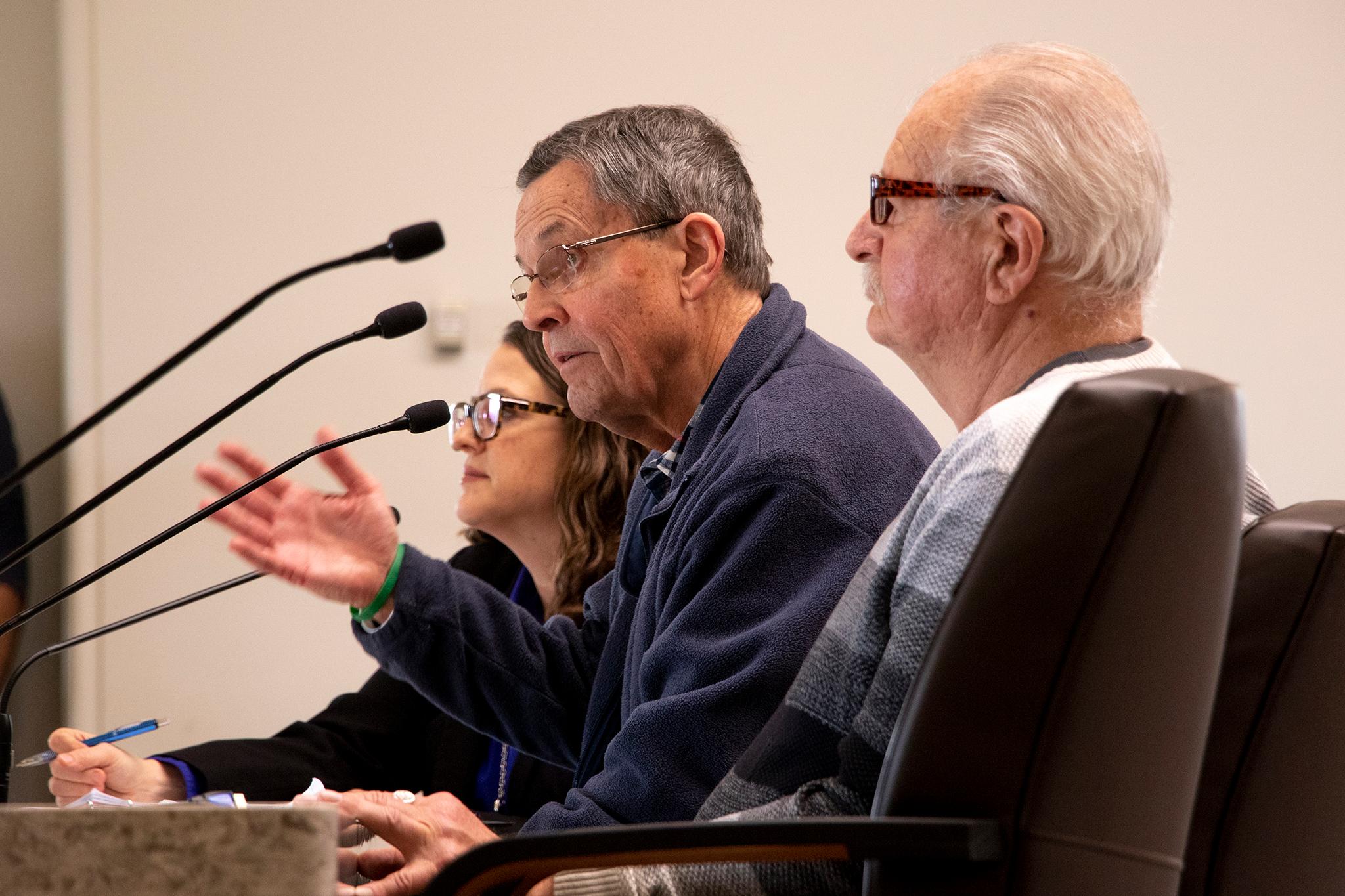
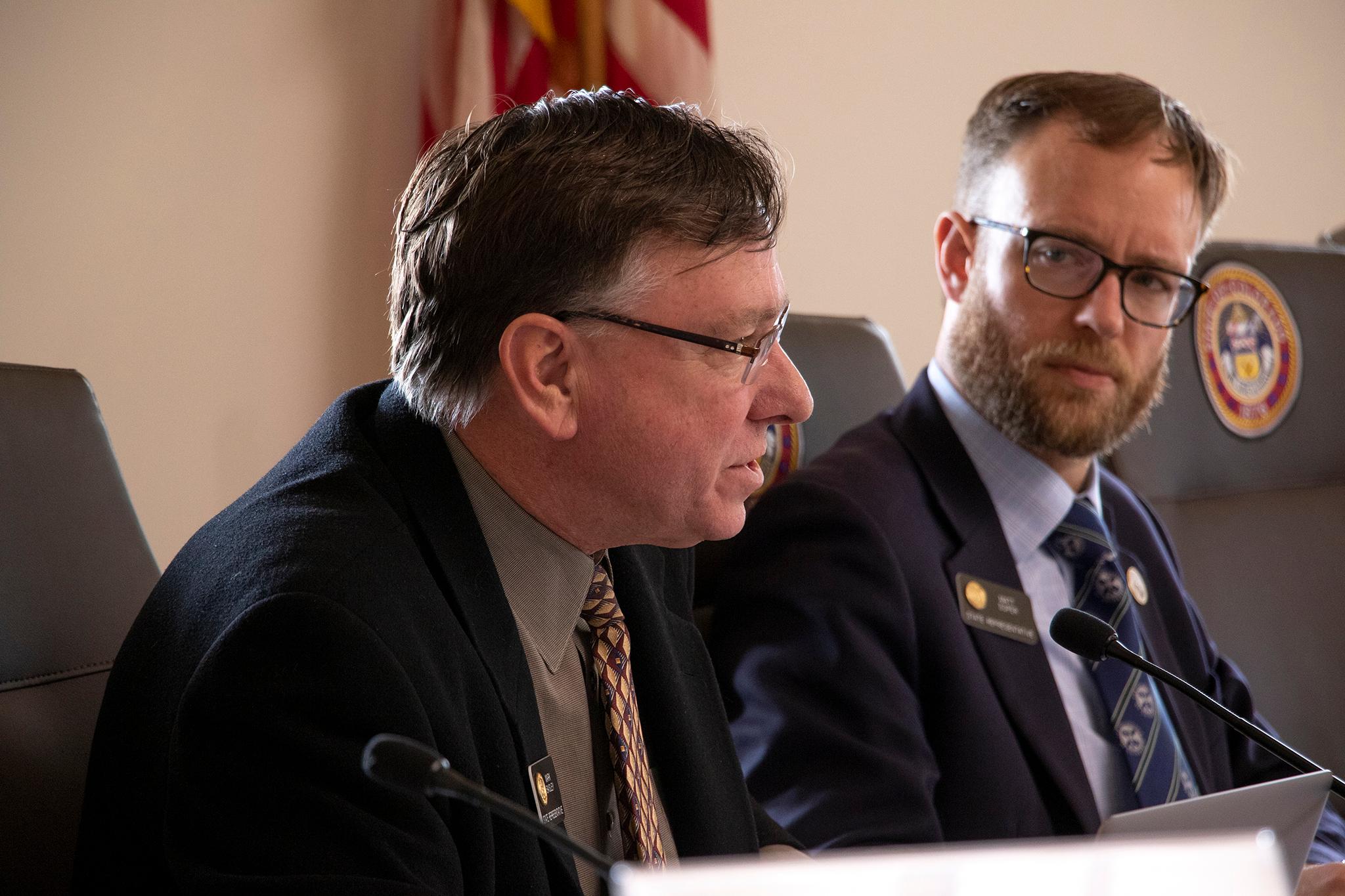
State Rep. Susan Beckman, a Republican, cited concerns over potential fraud arising from changing the law requiring court orders. She questioned how the change would impact the public records system and costs related to the changes.
Another Republican lawmaker, state Rep. Mark Baisley, said he struggled with the idea of changing a birth certificate "as a historical fact" since the document represents "a snapshot in time of the facts" of birth at the time. He wanted a justification for the change.
Esgar responded by pointing out people are being denied housing, employment opportunities and the opportunity to vote because their birth certificates haven't been changed.
Supporters explained why the bill would help make the lives of transgender and nonbinary persons easier.
Attorney Emma Shin said during the press conference the bill "protects transgender Coloradans" from a state law that essentially requires people out themselves in public, including publishing their name in a local newspaper.
"What that removal of publication does is it gives them access, it grants them the access to the same judicial programs that we Coloradans enjoy as a whole," Shin said.
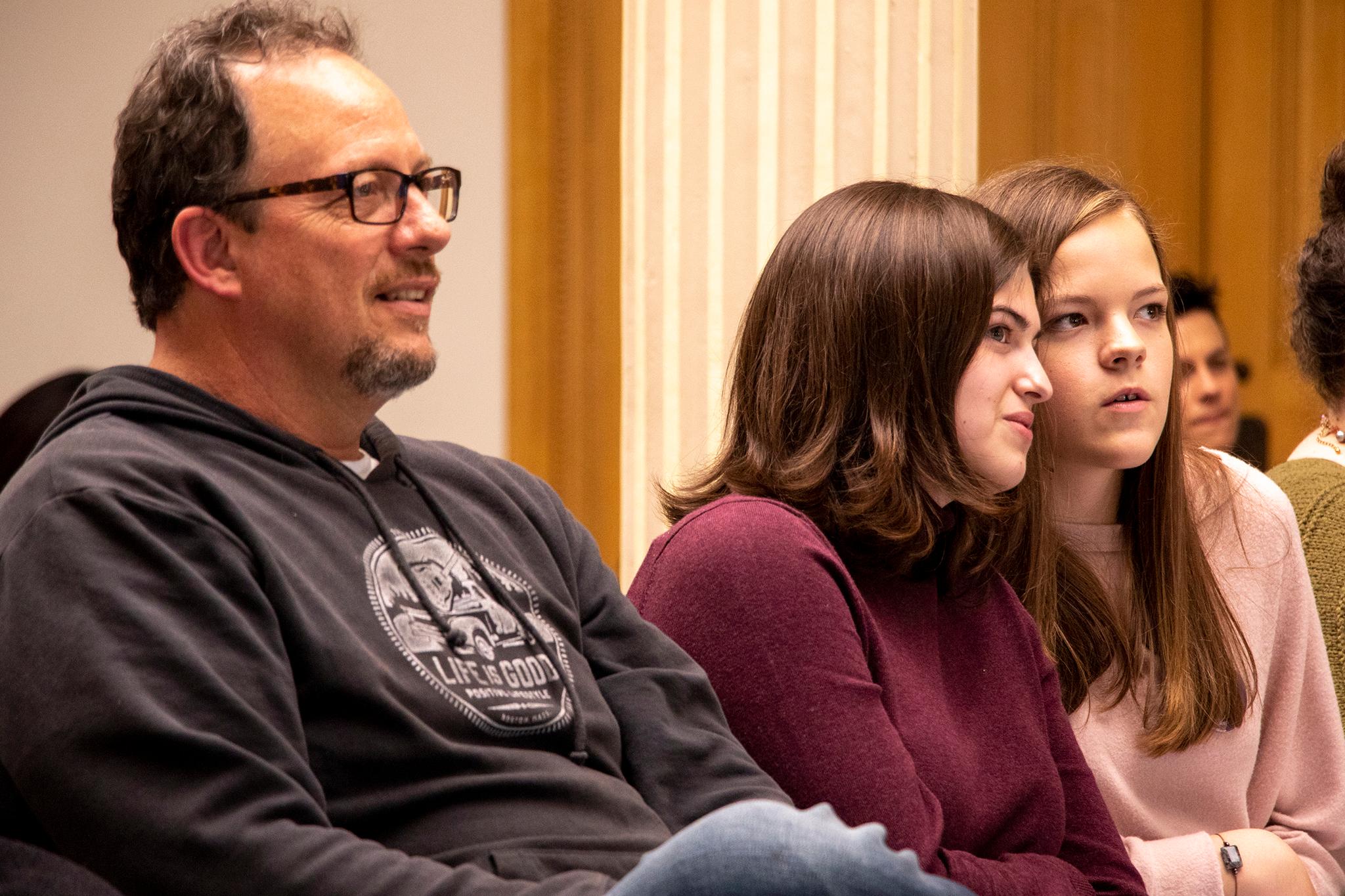
Among the youngest people to testify was Jude, a 12-year-old who testified with her mother Jenna (they declined to give their last name). Jude is transgender and said it can be embarrassing when people refer to her by the wrong gender.
"Many people are not educated and they think that being transgender is not real," Jude said during her testimony. "I know that passing this bill would help a lot of transgendered people live their life to their full potential."

